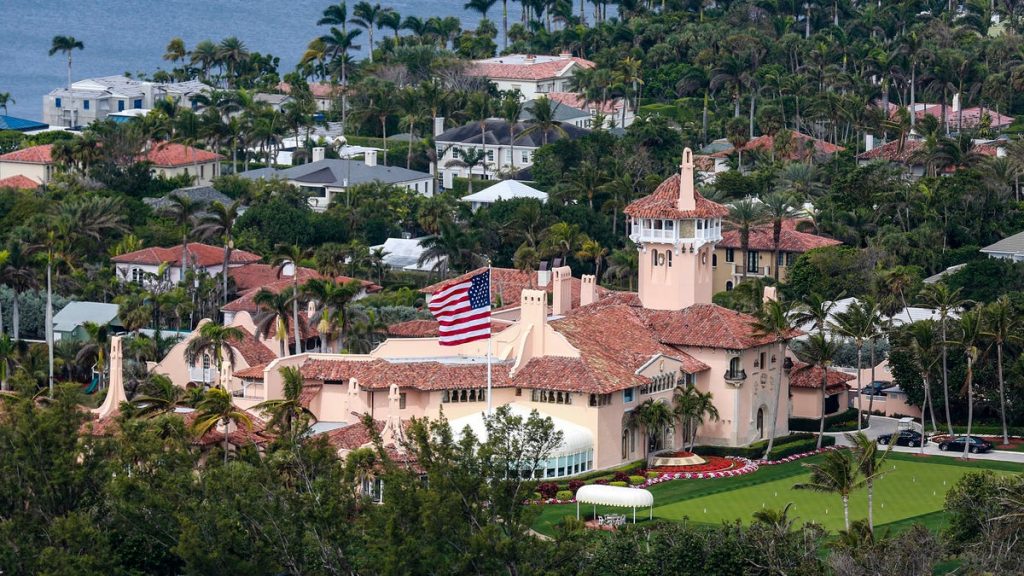The selection of jurors for Donald Trump’s hush money trial is underway, with seven jurors already chosen as of Tuesday, April 16. Trump’s main 2024 White House campaign fundraising operation has seen a significant increase in spending at his own properties in recent months. The operation funneled over $400,000 to his Mar-a-Lago club and over $60,000 to Trump National Doral Miami in February and March. While federal law allows campaign funds to be spent at a candidate’s business as long as fair market value is paid, some experts have raised ethical concerns about candidates generating personal revenue through their campaigns.
Trump’s mounting legal costs, including financial judgments from civil lawsuits, have prompted a need for cash. He has posted large bonds in defamation and fraud cases and has encountered financial scrutiny over the soundness of the deals. Despite these sizable legal challenges, Trump’s campaign has spent millions at his businesses, predominantly on air travel. Other GOP candidates endorsed by Trump have also spent significant amounts at his properties, including Ohio U.S. Senate candidate Bernie Moreno and Nevada U.S. Senate candidate Jim Marchant.
Questions about potential conflicts of interest between Trump’s political career and his extensive business dealings have persisted since his 2016 campaign. Trump faced criticism for not divesting from his businesses, instead placing them under the control of his adult sons. Lawsuits alleging violations of the Constitution’s emoluments clauses during his presidency did not succeed, but concerns remain about the use of campaign funds to benefit personal businesses. Campaign finance experts have emphasized the importance of candidates running for public service rather than personal enrichment.
A law professor noted that Trump’s utilization of campaign funds at his businesses may not be illegal but raises ethical concerns. Unlike other political candidates with large businesses, Trump’s unique situation has never been seen before, according to the professor. The overarching requirement is that Trump’s businesses charge his campaign and PACs the same rates they would charge other customers. However, ethical considerations arise as to whether cheaper venues could be utilized for events held at Trump’s properties.
In addition to campaign spending at his properties, Trump’s leadership PAC has allocated substantial amounts to legal fees related to his four criminal cases. The ongoing trial in New York City involves alleged payments to an adult film star during the 2016 presidential campaign to maintain silence about an alleged affair. While spending campaign funds on legal matters is common, Trump’s extensive legal expenses have pushed the boundaries of what is considered acceptable by campaign finance experts. The ethical implications of using campaign funds at personal businesses continue to raise concerns about potential conflicts of interest in the political sphere.


